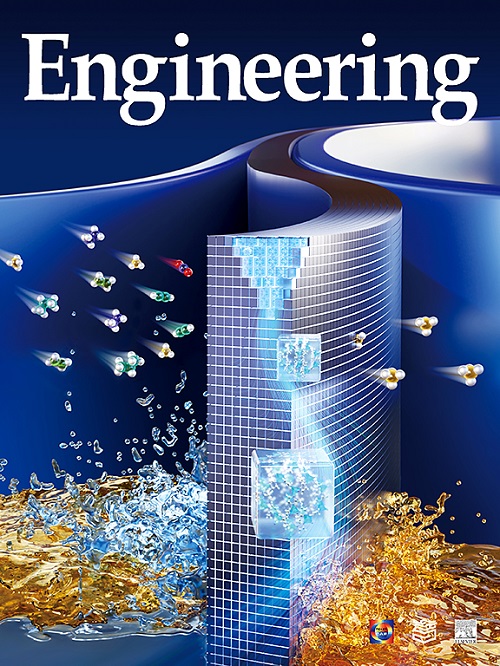Internet of Satellites (IoS) for Intelligent Satellite Cluster: Applications, Methods, and Challenges
IF 11.6
1区 工程技术
Q1 ENGINEERING, MULTIDISCIPLINARY
引用次数: 0
Abstract
The integration of emerging technologies such as artificial intelligence and cloud computing is accelerating the development of intelligent and autonomous satellite systems. However, limitations in onboard sensing, computing, storage, and energy resources continue to constrain the intelligent functionalities of individual satellites. Currently, most studies focus on either satellite intelligence or satellite networking, while systematic studies on their integration remain scarce. To address this gap, this paper introduces the concept of an intelligent satellite cluster system, which leverages satellite networks to enable collaborative intelligence among satellites, thereby enhancing the overall system intelligence. After summarizing the typical use cases of the intelligent satellite cluster system, we analyze the corresponding demands on network capabilities. Based on these demands, we propose the concept of the Internet of satellites (IoS) tailored to support the intelligent satellite cluster system. Specifically, we design both the logical and physical architectures of IoS and elaborate on its key enabling technologies. Finally, we present the research progress and outcomes achieved by our team on these core technologies, and discuss the challenges that remain. This paper aims to build consensus around intelligent and connected satellite technologies, promote innovation and standardization, and enhance the intelligent service capabilities of future large-scale satellite systems.面向智能卫星集群的卫星互联网:应用、方法与挑战
人工智能、云计算等新兴技术的融合,加快了智能自主卫星系统的发展。然而,机载传感、计算、存储和能源资源的限制继续制约着单个卫星的智能功能。目前,对卫星智能和卫星组网的研究大多集中在卫星智能和卫星组网上,而对卫星智能和卫星组网集成的系统研究较少。为了解决这一差距,本文引入了智能卫星集群系统的概念,该系统利用卫星网络实现卫星之间的协同智能,从而增强整个系统的智能。在总结了卫星智能集群系统典型用例的基础上,分析了相应的网络能力需求。基于这些需求,我们提出了为支持智能卫星集群系统而量身定制的卫星互联网(IoS)概念。具体来说,我们设计了IoS的逻辑和物理架构,并详细阐述了IoS的关键使能技术。最后,我们介绍了我们团队在这些核心技术上的研究进展和取得的成果,并讨论了仍然存在的挑战。本文旨在围绕卫星智能互联技术构建共识,推动创新和标准化,增强未来大型卫星系统的智能服务能力。
本文章由计算机程序翻译,如有差异,请以英文原文为准。
求助全文
约1分钟内获得全文
求助全文
来源期刊

Engineering
Environmental Science-Environmental Engineering
自引率
1.60%
发文量
335
审稿时长
35 days
期刊介绍:
Engineering, an international open-access journal initiated by the Chinese Academy of Engineering (CAE) in 2015, serves as a distinguished platform for disseminating cutting-edge advancements in engineering R&D, sharing major research outputs, and highlighting key achievements worldwide. The journal's objectives encompass reporting progress in engineering science, fostering discussions on hot topics, addressing areas of interest, challenges, and prospects in engineering development, while considering human and environmental well-being and ethics in engineering. It aims to inspire breakthroughs and innovations with profound economic and social significance, propelling them to advanced international standards and transforming them into a new productive force. Ultimately, this endeavor seeks to bring about positive changes globally, benefit humanity, and shape a new future.
 求助内容:
求助内容: 应助结果提醒方式:
应助结果提醒方式:


